If you’re a succulent enthusiast, then you’ve probably heard about succulent plant food. But can you use it on other plants? In this blog post, we will answer that question and give you some tips on how to use succulent plant food correctly!
Can You Use Succulent Plant Food on Other Plants?
Yes, you can use succulent plant food on other plants! Succulents need the same nutrients as other plants, so using succulent plant food will give your plants the nutrients they need.
In fact, when you look at the ingredients list on succulent plant food, you’ll notice that it’s very similar to regular plant food. The only difference is that succulent plant food tends to have slightly less nitrogen.
Both succulents and houseplants need the same 16 elements to photosynthesize and grow. Plus, they need the same macronutrients, which are nitrogen (N), phosphorous (P), and potassium (K).
This means most fertilizer products on the market are largely the same, whether they’re marketed as “succulent plant food” or not. However, some companies add extra ingredients to their succulent plant food, such as iron and magnesium, which can be beneficial for your succulents.
So, if you have some extra succulent plant food lying around, go ahead and give it a try on your other plants! Just be sure to follow the instructions on the packaging, and don’t overdo it. Too much fertilizer can actually harm your plants.
The Power of Fish Emulsion
Personally, I use fish emulsion fertilizer on all my plants, succulents included. Fish emulsion is an organic fertilizer made from fish waste products, and it’s packed with nutrients that are great for your plants.
Simply mix the fish emulsion with water according to the directions on the bottle, and then you can use it just like any other plant food. I find that fish emulsion works especially well on fast-growing plants, such as tomatoes and cucumbers.
Plus, fish emulsion is very inexpensive, so it’s a great option if you’re on a budget. You can usually find it at your local garden center or nursery. I use this one from Amazon.
Why Do Plants Need Fertilizers?
Plants need fertilizers because they can’t get all the nutrients they need from the soil. This is especially true for succulents, which come from arid environments where there isn’t a lot of nutrient-rich soil.
Fertilizers provide plants with the nutrients they need to grow and thrive. Without these essential nutrients, plants would eventually die.
There are three main nutrients that plants need: nitrogen, phosphorus, and potassium. These are typically listed on fertilizer labels as N-P-K.
Nitrogen is essential for plant growth and helps plants create chlorophyll, which is what gives plants their green color. Phosphorus helps plants grow strong roots and produce flowers and fruit. Potassium helps plants create energy and promotes healthy growth.
So, if you want to give your plants a nutrient boost, fertilizing them is a great way to do it! Just be sure to use the right fertilizer for your plants and follow the instructions on the packaging.
The N-P-K Ratio
The N-P-K ratio is the weight of nitrogen, phosphorus, and potassium in a fertilizer. For example, if a fertilizer has an N-P-K ratio of 20-20-20, that means it contains 0.2 pounds of nitrogen, 0.2 pounds of phosphorus, and 0.2 pounds of potassium.
A balanced fertilizer has an equal amount of nitrogen, phosphorus, and potassium. For example, a fertilizer with an N-P-K ratio of 15-15-15 is considered balanced.
An unbalanced fertilizer has more or less of one nutrient than the others. For example, a fertilizer with an N-PK ratio of 30-30-0 is high in nitrogen and low in phosphorus and potassium.
Conclusion
In conclusion, you can use succulent plant food on other plants! Just be sure to follow the instructions on the packaging, and don’t overdo it. Too much fertilizer can actually harm your plants.
Fish emulsion is a great plant food that works for both succulents and other plants. It’s packed with nutrients and works for all types of plants. Plus, it’s a natural and inexpensive option.
Do you have any questions or tips about using succulent plant food? Let us know in the comments below! And be sure to check out our other succulent care articles for more information on how to care for your plants. Thanks for reading!
Tim is an avid gardener from the UK. He was the founder of PlantCarer.com from 2021 to Sep 2023. He sold PlantCarer.com to Aaron. He has since started his own business called Seed To Supper, which provides new gardeners all the materials you need in a box (pots, seeds, compost and instructions) to grow your own delicious and nutritious vegetables and herbs from start to finish – no garden required.



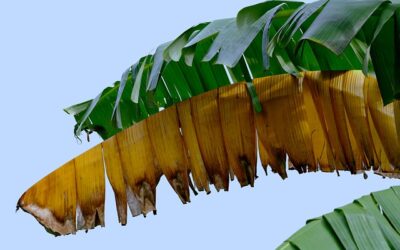

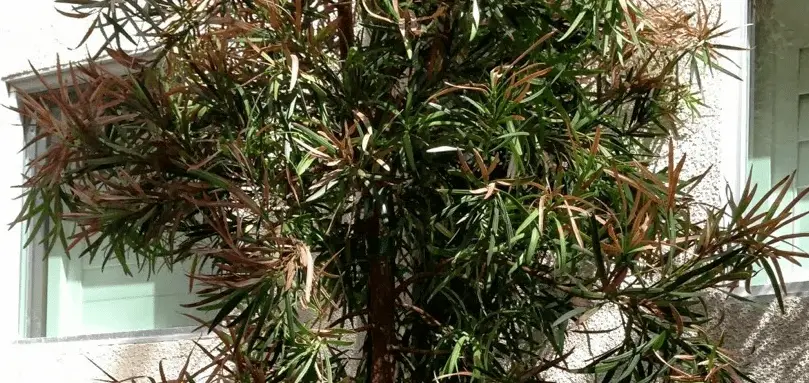
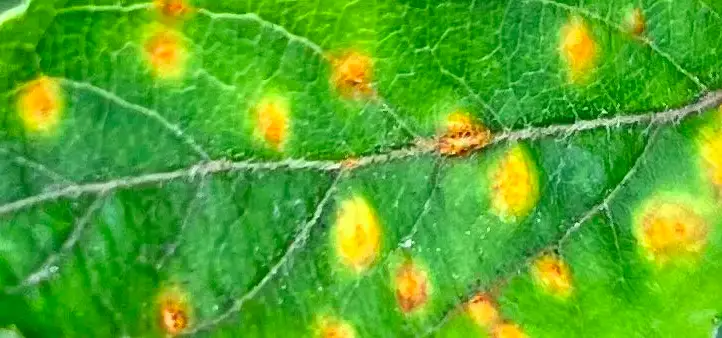
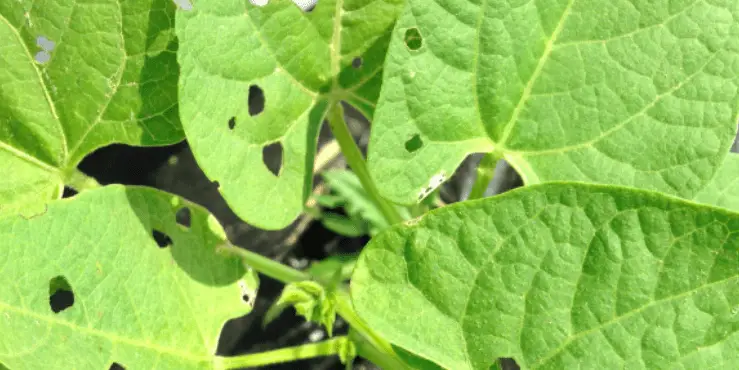
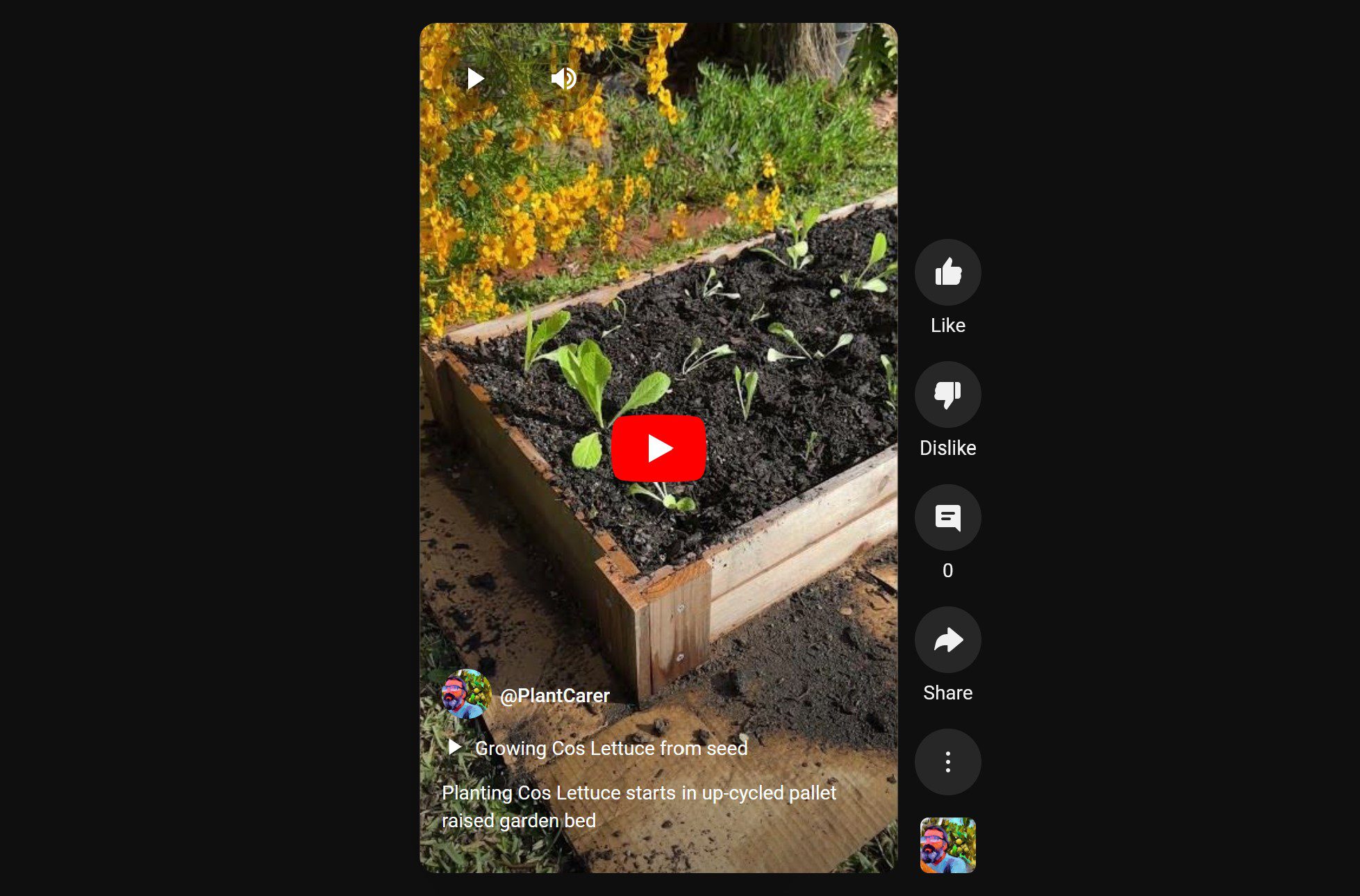
0 Comments